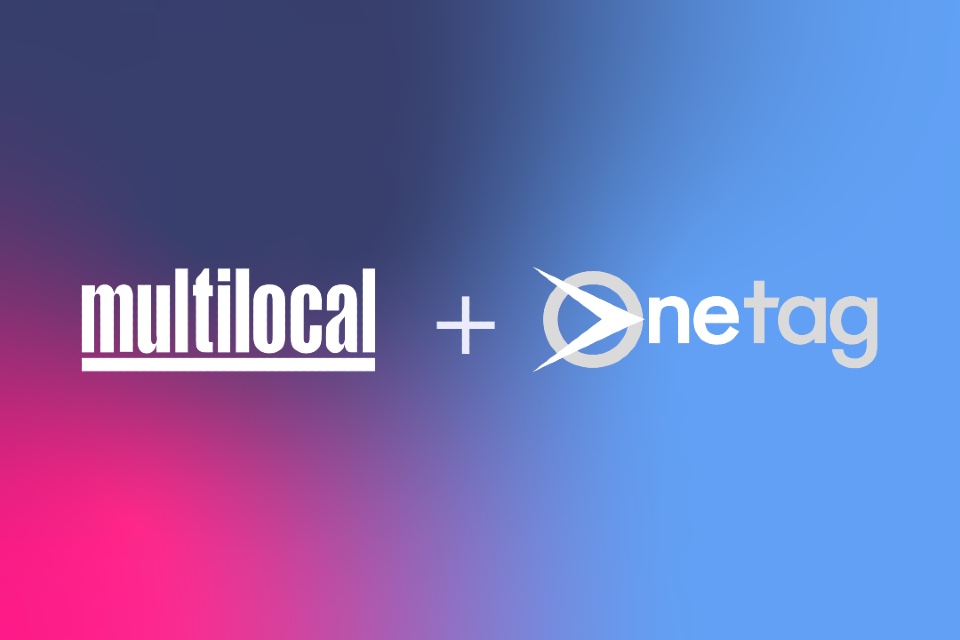Digital marketing trends in retail that drive sales and engage Shoppers
The retail landscape is constantly evolving, shaped by advancements in technology and shifting consumer behaviours. Staying ahead of the curve is vital and businesses need to leverage the latest digital marketing trends to remain competitive and relevant.
Expert advice from director-led performance marketing agency outbloom draws insights from industry research and their own expertise, identifying key digital marketing trends that are shaping the retail sector in 2024.
Digital marketing plays a pivotal role in driving sales and engaging shoppers in the retail sector. By embracing innovative strategies such as personalised shopping experiences, social commerce integration, omnichannel marketing, and more, retailers can stay ahead of the curve and thrive in today’s competitive landscape.
Julia Symonds, Co-Founder and Lead Consultant at outbloom, says: “Customer behaviour is constantly changing in retail due to trends, external events, or simple curiosity. Many retailers must embrace what the latest technology has to offer to reach more consumers on digital channels to generate sales, boost conversion and encourage recurring purchases. With more ways to shop than ever before, retailers must innovate to meet consumers’ constantly evolving, lofty expectations.”
So, what can retailers and consumers expect to see in the foreseeable future? outbloom has curated a list of some of the emerging and ongoing trends that will impact the retail industry in the coming years.
1. Personalised Shopping Experiences
Personalisation has become a cornerstone of successful digital marketing strategies in retail. Today’s consumers expect tailored shopping experiences that cater to their individual preferences and needs. Retailers can leverage customer data and advanced analytics to deliver personalised recommendations, product suggestions, and promotional offers. By understanding their customers’ behaviour and preferences, retailers can create targeted marketing campaigns that drive engagement and foster loyalty.
2. Social Commerce Integration
Social media platforms have become powerful tools for retailers to connect with their target audience and drive sales. The integration of social commerce features allows consumers to make purchases directly from their favourite social media channels, streamlining the buying process and reducing friction. Retailers can leverage social media platforms such as Instagram, Facebook, and TikTok to showcase products, engage with customers, and drive traffic to their online stores. By tapping into the vast reach and influence of social media, retailers can expand their customer base and increase sales.
3. Omnichannel Marketing Strategies
In today’s omnichannel retail environment, consumers expect a seamless shopping experience across multiple channels and touchpoints. Retailers must adopt omnichannel marketing strategies that integrate online and offline channels to create a cohesive brand experience. Whether shopping online, in-store, or via mobile devices, customers should have access to consistent product information, pricing, and promotions. By delivering a unified shopping experience across all channels, retailers can enhance customer satisfaction, drive sales, and foster brand loyalty.
4. Interactive Content and Immersive Experiences
Interactive content and immersive experiences are increasingly becoming key drivers of engagement in the retail sector. Retailers can leverage technologies such as augmented reality (AR) and virtual reality (VR) to create interactive shopping experiences that captivate and engage consumers. From virtual try-on tools to immersive product demonstrations, interactive content allows consumers to experience products in a more engaging and memorable way. By embracing interactive technologies, retailers can differentiate themselves from competitors and provide unique value to shoppers.
5. Influencer Marketing Collaborations
Influencer marketing has emerged as a powerful strategy for retailers to reach and engage their target audience authentically. By partnering with influencers who align with their brand values and target demographics, retailers can leverage the influence and credibility of social media personalities to promote their products and drive sales. Influencers can create authentic content that resonates with their followers, helping retailers to increase brand awareness, generate buzz, and drive traffic to their online stores.
Photo by The Nix Company on Unsplash









